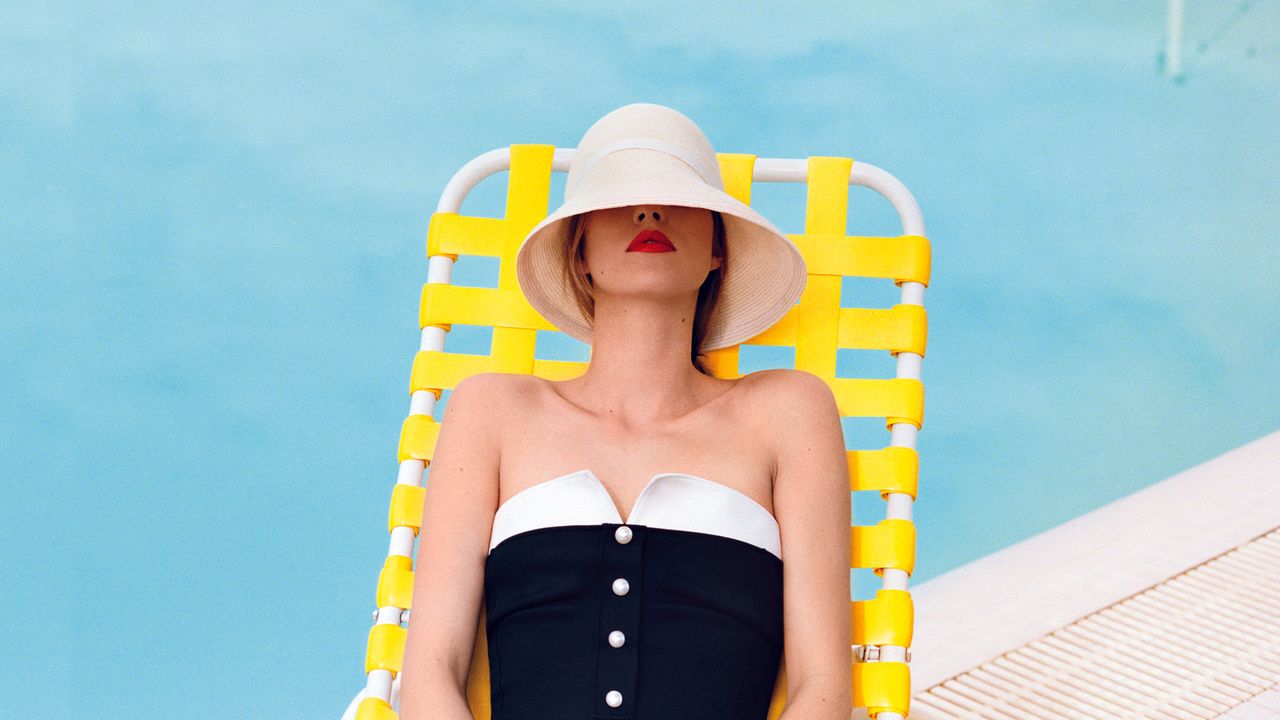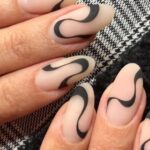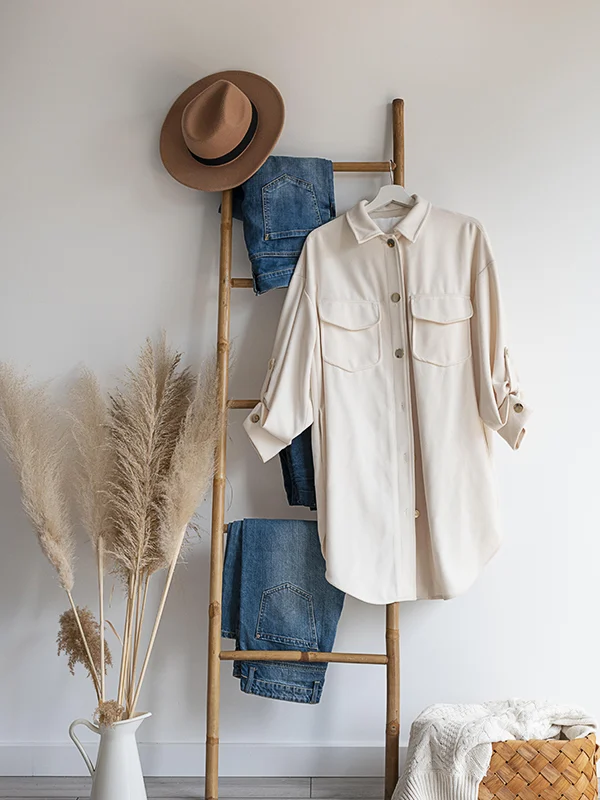Forgot suspicious Tiktok beauty trends or makeover Inquisition. At least summer 2025 (and early fall) can be defined as the season for the “great sun protection” debate.
It is well known that sunscreen is the best defense against certain skin cancers such as melanoma, sunburns and other skin injuries, as well as premature aging of the skin. But lately, our favorite sun products have been called for lack of safety and efficacy. The recall did happen, but a mistake made the Internet questioning the entire beauty category never easier.
“The public trust in sunscreen has attracted several times over the past few years,” said Krupa Koestline, founder and chief cosmetic chemist at KKT Labs. Koestline notes that benzene contamination may enter our bloodstream when a chemical filter is found in the U.S. Food and Drug Administration, as some recent situations have led many to doubt whether sunscreen is safe. (It should be noted that the latter recall is limited to certain aerosol products and there is no evidence of harm to chemical filters in our blood). Coupled with debates about reef safety, waves of online misunderstandings and questions about science, you’ll bring the perfect storm to the movement against products that experts have long advocated for our skin and overall health. “Together, this creates an environment where consumers are asking more serious questions about sunscreen,” she said.
Australians recall
The excitement of popular Australian-style brands is praised by beauty enthusiasts for its superiority than it found in the United States, heading to the United States. But in June, Australia’s consumer advocacy group chose to find that many popular sunscreens tested less than ads in SPF. Of the 20 popular sunscreens it tested, 16 failed to match their SPF claims. One of these sunscreens comes from Ultra Violette.
Selection shows that the Ultra Violette Lean Screen SPF 50 tests the lowest test, ranking 4 in the SPF rankings only. Viral sun protection brand, which made its highly anticipated U.S. debut earlier this year, refuted these claims. But later in August, Ultra Violette removed the lean screen from the Australian shelves after further testing and found inconsistencies.
“We have multiple independent labs to conduct new tests on lean screens. This week, we have received results from these tests that show great and frankly, atypical variability,” a statement released by the brand on its Instagram. “In eight different tests, the Lean screen now returns SPF data of 4, 10, 21, 26, 33, 60, 61 and 64. This is not good enough for us, not good enough for you.”





